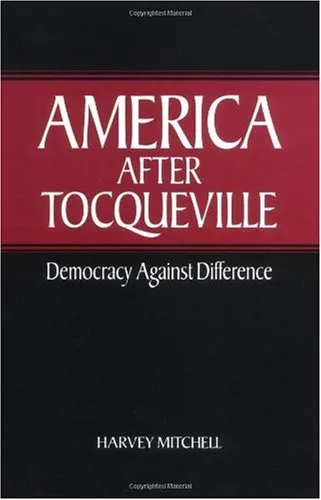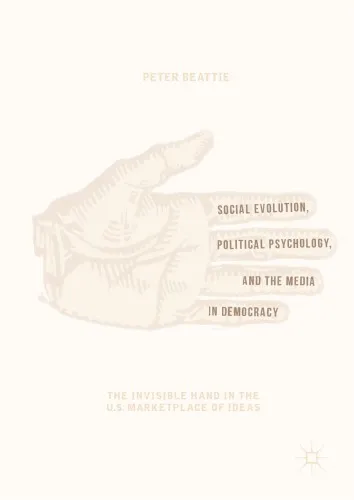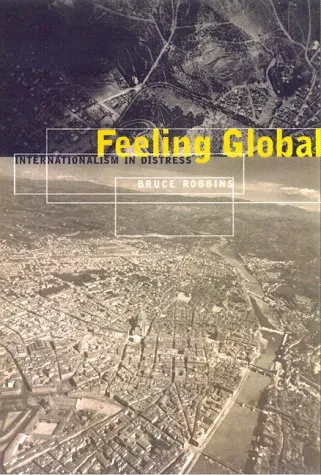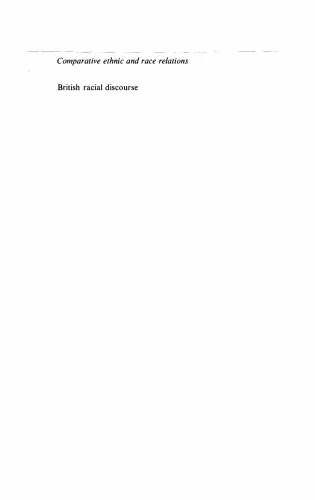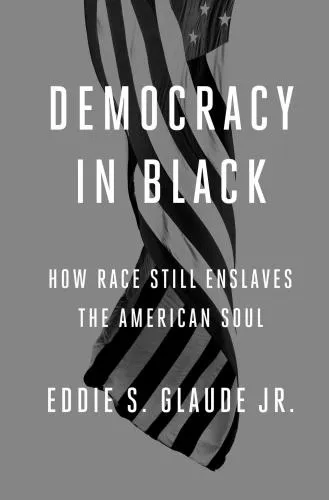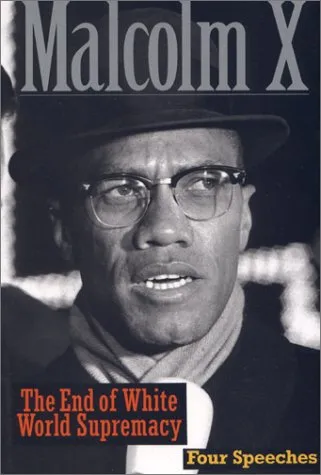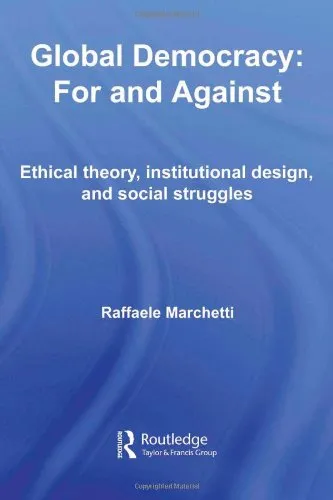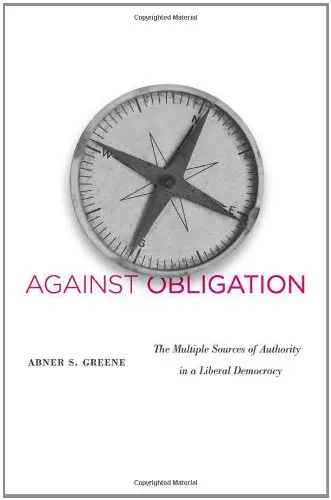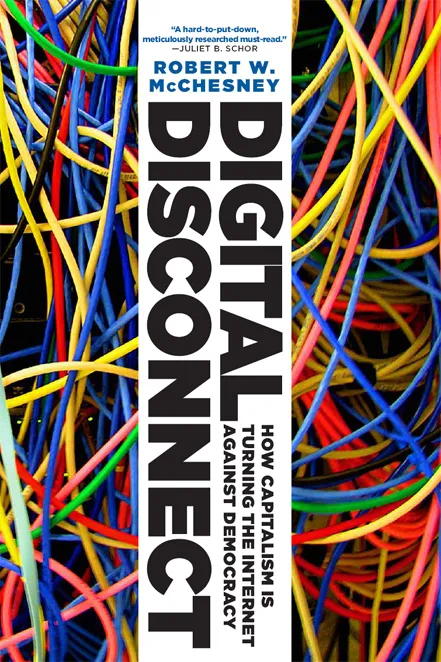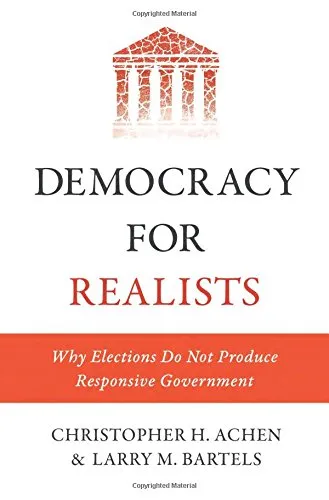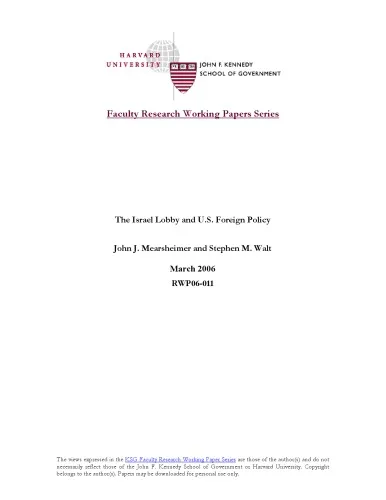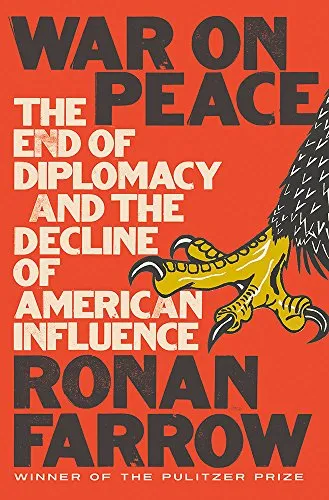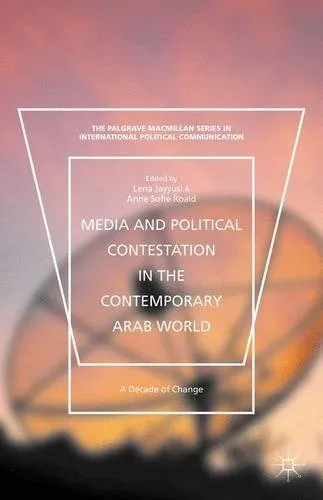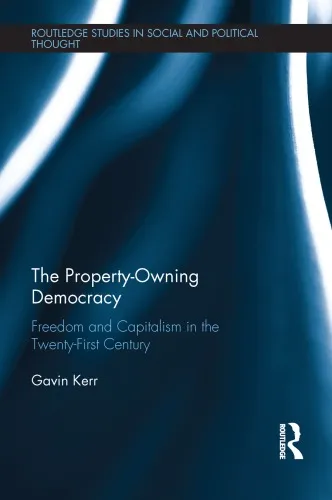America after Tocqueville: Democracy against Difference
4.0
Reviews from our users

You Can Ask your questions from this book's AI after Login
Each download or ask from book AI costs 2 points. To earn more free points, please visit the Points Guide Page and complete some valuable actions.Related Refrences:
Introduction to "America after Tocqueville: Democracy against Difference"
"America after Tocqueville: Democracy against Difference" is a compelling scholarly work that examines the profound dynamics of democracy in the United States, as shaped by Alexis de Tocqueville’s observations and transcending them to reflect modern challenges. Written by Harvey Mitchell, the book dives deep into the delicate balance between democratic ideals and cultural or social differences. This analytical text discusses how America has navigated the tension between unity and pluralism, ultimately exploring the consequences and contradictions of democracy in a diverse society.
Detailed Summary
At its heart, "America after Tocqueville" attempts to answer a critical question: how has American democracy evolved in handling differences—from race and culture to ideology and identity—since Tocqueville's foundational study? Harvey Mitchell revisits Tocqueville’s core assertions: democracy’s promise of equality and its potential threats to individuality and diversity. He argues that the democratic system, while inherently designed to bridge differences, paradoxically creates conditions that can exacerbate divisions.
Using historical analysis and philosophical critique, the book explores how the ideals of democracy foster a collective identity, sometimes at the expense of marginalized groups and their particularities. Mitchell contends that the modern democratic state, while striving for inclusivity, often stumbles into a homogenizing ethos—discouraging "difference" in favor of "sameness." The book weaves together themes of nationalism, political representation, cultural assimilation, and civil rights as it reflects on America's ongoing journey toward achieving true equality.
Through detailed arguments, Mitchell suggests that Tocqueville’s warnings about the fading of individuality in favor of majority rule remain pertinent today, especially in the context of modern political polarization and cultural debates. The work doesn’t just analyze the past but deeply engages with contemporary issues, leaving readers with profound insights into the challenges democracies face in negotiating difference within an increasingly interconnected and fragmented world.
Key Takeaways
- Tocqueville’s insights into democracy remain highly relevant in understanding America’s modern challenges with diversity and equality.
- Democracy, though founded on the principle of equal representation, often struggles to reconcile the tension between unity and cultural differentiation.
- The evolution of America's democracy highlights a paradox: the push for inclusiveness sometimes results in exclusionary practices.
- Pluralism is both a strength and a challenge for democratic systems, as it requires constant negotiation between majority rule and minority rights.
- Harvey Mitchell calls for deeper self-reflection in democratic societies to genuinely embrace and celebrate differences rather than superficially coexist with them.
Famous Quotes from the Book
"Democracy is an ever-elusive balance between the ideal of equality and the reality of difference."
"In the pursuit of unity, democratic societies must guard against the erasure of the very differences that they claim to protect."
"Tocqueville foresaw democracy’s great triumphs, but also its most daunting challenges—in America, these remain unresolved."
Why This Book Matters
"America after Tocqueville: Democracy against Difference" is a significant contribution to political theory and American history. At a time when cultural and political debates increasingly dominate public discourse, the book provides a vital lens to view current affairs through the broader context of democracy's evolution. Mitchell’s work transcends a simple historical analysis, offering readers tools to critically evaluate the foundations of democratic governance and its role in fostering inclusivity while navigating complex differences.
Its relevance extends beyond academic circles, speaking to political leaders, social activists, and everyday citizens who grapple with questions about unity, pluralism, and equality in a rapidly changing world. The book challenges us to rethink not only the meaning of democracy but also the responsibility we bear in shaping it for future generations. It serves as a thought-provoking guide for those seeking to build bridges across divides rather than deepening them further, making it an indispensable read for our time.
Free Direct Download
You Can Download this book after Login
Accessing books through legal platforms and public libraries not only supports the rights of authors and publishers but also contributes to the sustainability of reading culture. Before downloading, please take a moment to consider these options.
Find this book on other platforms:
WorldCat helps you find books in libraries worldwide.
See ratings, reviews, and discussions on Goodreads.
Find and buy rare or used books on AbeBooks.
1536
بازدید4.0
امتیاز0
نظر98%
رضایتReviews:
4.0
Based on 0 users review
Questions & Answers
Ask questions about this book or help others by answering
No questions yet. Be the first to ask!
